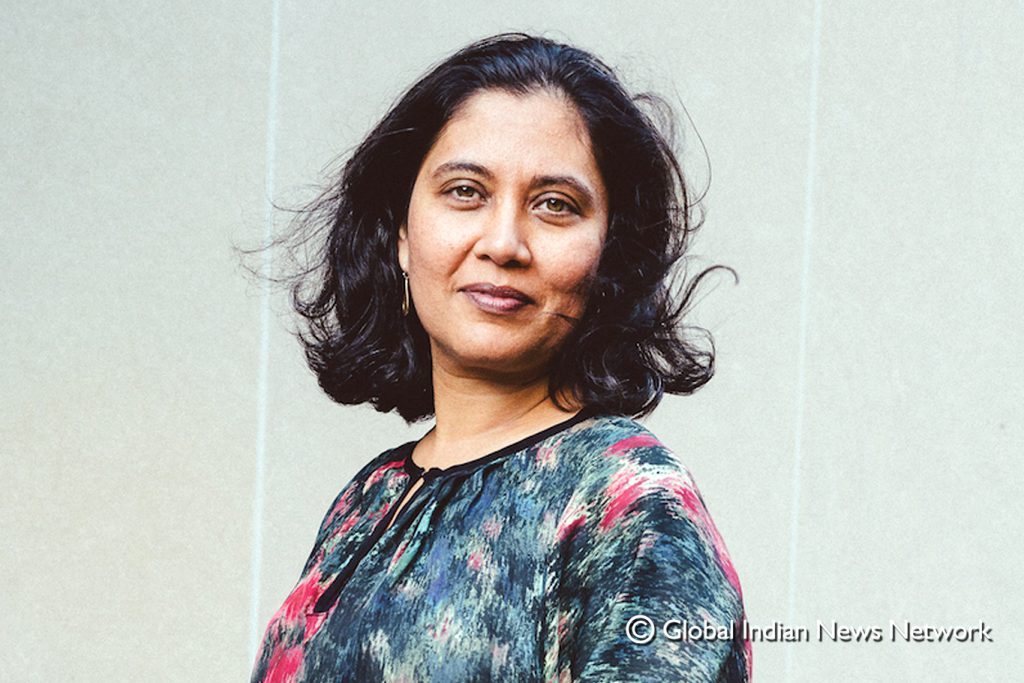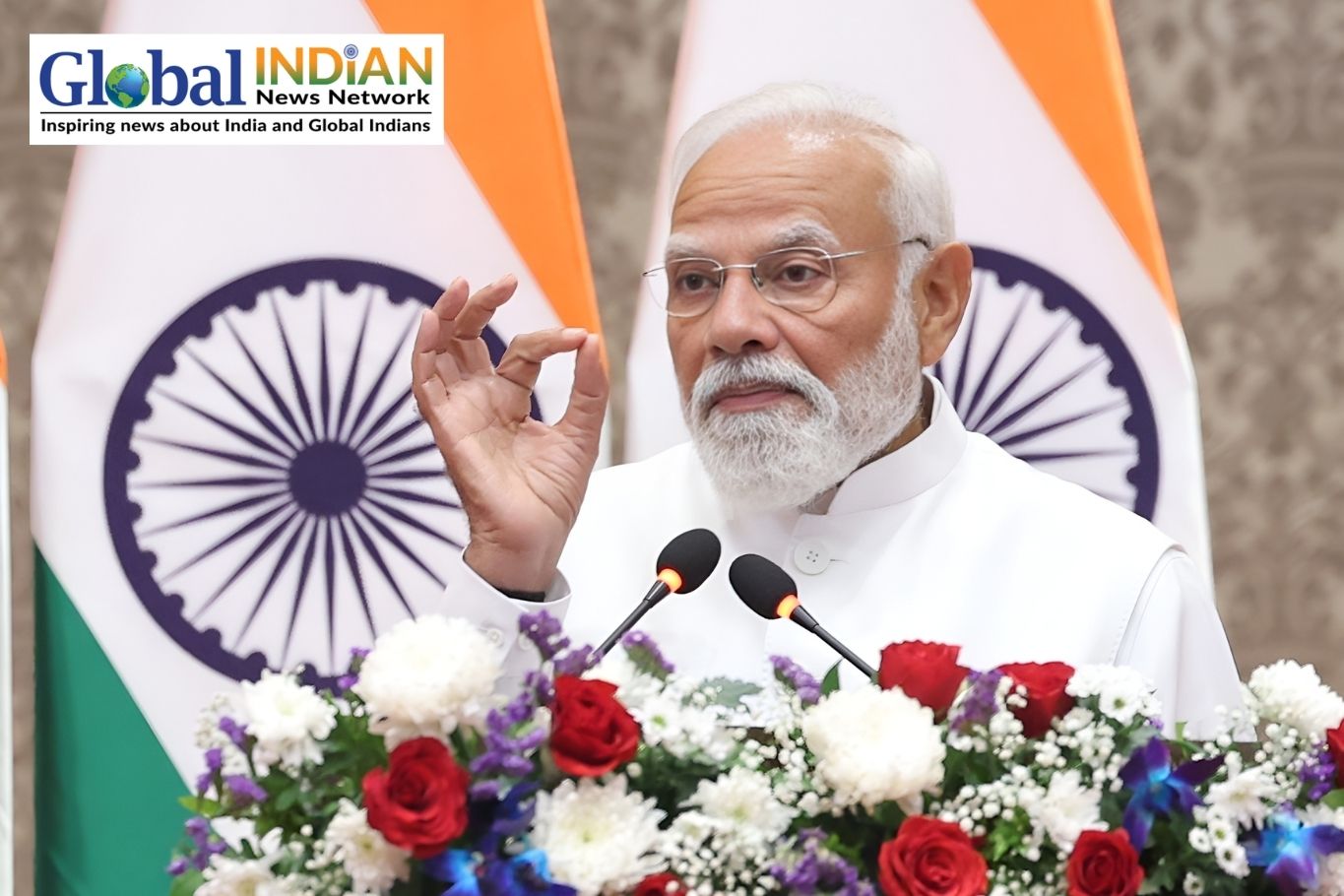
Columbia University’s Barnard College has taken a significant step to combat discrimination and bias by revising its Notice of Non-Discrimination. The notable addition to this policy is the inclusion of “caste” as a protected category, driven by the efforts of Anupama Rao, a history professor and the director of Barnard’s Office of Diversity, Equity, and Inclusion. The implementation of this policy falls under the Office of Nondiscrimination and Title IX of CARES.
This change is intended to benefit all members of the Barnard College community and aims to prevent bias and discrimination rooted in a person’s caste background, particularly those with historical ties to regions where caste hierarchies have significantly influenced social dynamics. Caste, as Professor Rao points out, impacts the lives of approximately 1.9 billion people worldwide, encompassing various continents, geopolitical boundaries, religions, and diasporas. Communities that have a history of fighting against caste-based discrimination have played a pivotal role in advocating for the inclusion of caste within anti-discrimination policies.
The significance of adding “caste” to the non-discrimination policy lies in its contribution to promoting social justice. Professor Rao believes that this clause encourages the College to continue making space for international underrepresented minorities (URM) and first-generation learners on their campus.
She further highlights that the prevalence of casteism in South Asia has implications for American society and the workplace. While there may be widespread ignorance about caste in the United States, South Asian social and professional networks perpetuate privilege and disadvantage.
Professor Rao, the author of “The Caste Question: Dalits and the Politics of Modern India,” also holds a faculty position at Columbia University’s Department of Middle Eastern, South Asian, and African Studies (MESAAS). In this role, she directs the Ambedkar Initiative and the Institute for Comparative Literature and Society.









